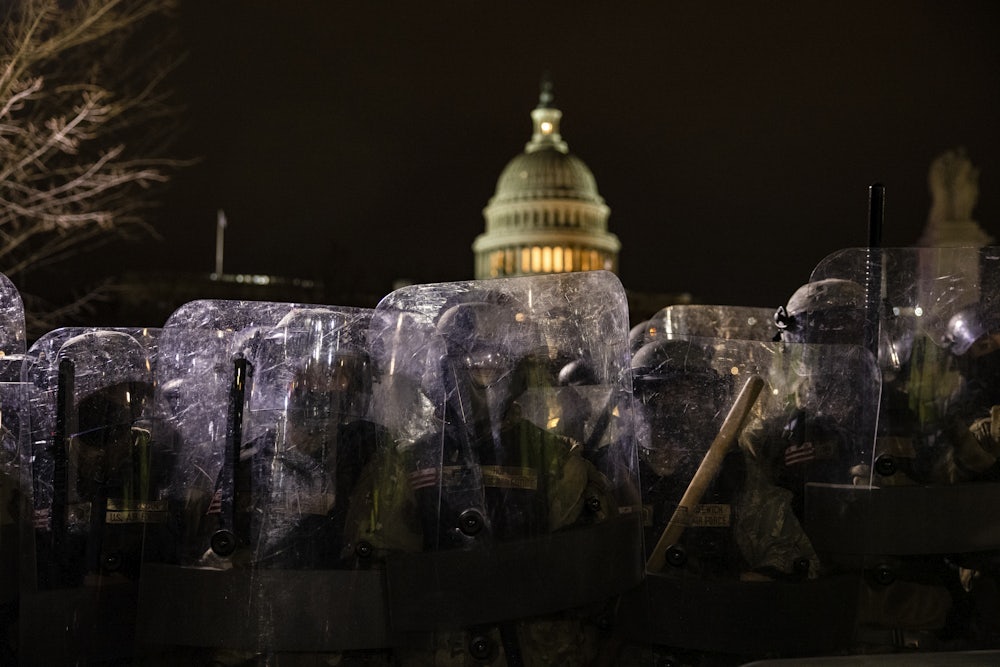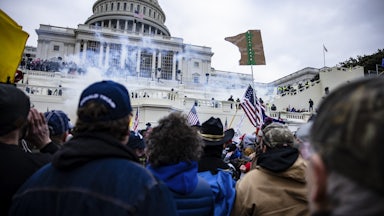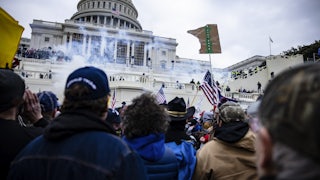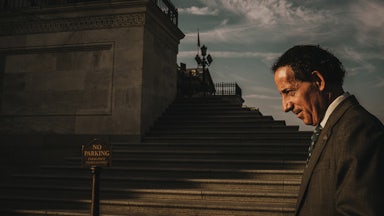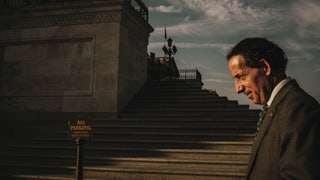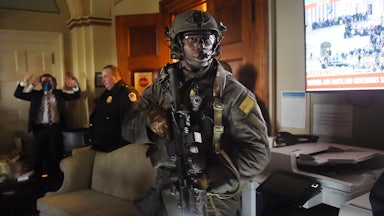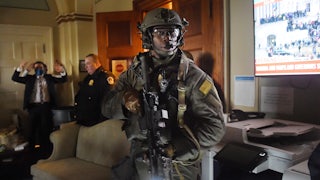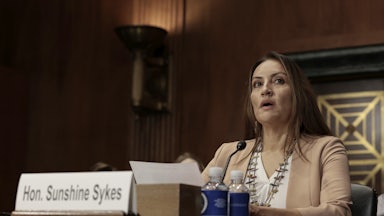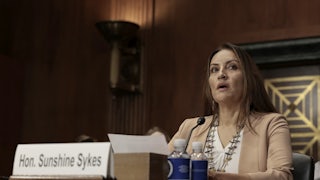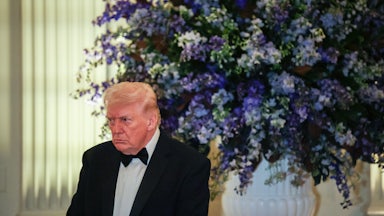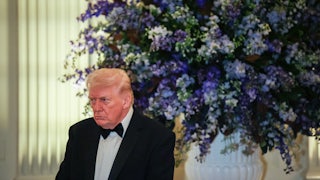Over the last six decades, only two news events have upended my stubborn, steadfast, flag-waving belief in the promise of America.
The rifle shots from the Texas Book Depository that snuffed out John Kennedy’s life marked the first time I glimpsed the fragility of democracy. And a year ago, we were all confronted with the unimaginable—the sacking of the U.S. Capitol in an attempted coup to overturn a free election.
Since 1963, Americans have witnessed other wrenching, tear-stained episodes: the assassinations of Robert Kennedy and Martin Luther King Jr.; body bags returning from ill-conceived wars in Vietnam and Iraq; the toppling of the Twin Towers on 9/11; the 2008 financial meltdown; and, of course, the pandemic.
Without minimizing these traumatic events, for me they did not carry the same shock value as the death of JFK and a crazed mob animated by bloodlust for Nancy Pelosi and Mike Pence. These two horrifying moments—in 1963 and 2021—forced me to shed aspects of my naïve belief in American exceptionalism. Assassination and insurrection cannot be blamed on foreign enemies or the horrifying reach of an out-of-control virus. These are on us—the American people—and they shape our national history.
When I was growing up in the Connecticut suburbs during the 1950s, my elementary school and the larger culture reinforced the triumphant message that I lived in the richest nation on earth surrounded by the heroes who had defeated the Nazis and the Japanese. There were legitimate external fears. Even now, after 9/11 and the pandemic, nothing has ever been as frightening as the specter of nuclear holocaust during the 1962 Cuban missile crisis.
But the general attitude was that
bad things only happened abroad. Despite the American history of violence and
the half-forgotten truth that Franklin Roosevelt was nearly killed by a
would-be assassin before he took office in 1933, it seemed
unfathomable that a president could be shot and killed while riding in his
limousine. Assassinations were what happened in Serbia on the cusp of World War
I or in a horse-and-buggy America in 1901. They were not, as I innocently
believed, part of a modern America filled with color TVs and cars featuring tail fins.
Etched in my memory amid the kaleidoscope of images after Kennedy was murdered was a trip to a candy store to get the latest editions of the New York newspapers. As I walked into the empty shop, there was the proprietor crying openly amid the black-bordered headlines. While there were pockets of Kennedy haters in 1963, what remains inspiring in hindsight was the national unity in our collective grief. In a Lou Harris Poll a week after the assassination, 54 percent of Americans said they felt like they had “lost a member of [their] own family.” During that same period, Americans ranked Kennedy just behind Abraham Lincoln (and ahead of FDR and George Washington) as the greatest figure in U.S. history, according to the National Opinion Research Center.
I have followed presidential campaigns as long as I can remember and covered them as a reporter since 1980. In all those years, I never paid much attention to the counting of the electoral votes by the vice president. There was never an ounce of drama to the ritual even when the vice president himself was the losing presidential candidate, as was the case with Richard Nixon (1960), Hubert Humphrey (1968), and Al Gore (2000).
Once again, I was enveloped in a naïve myth that just because something had not happened in recent American history meant that it couldn’t happen here. Coups and insurrections were supposed to be the stuff of banana republics and distant lands. The peaceful transfer of power was part of what made America revered as the world’s leading democracy.
Even now, a year later, I cannot emotionally grasp what motivated thousands of my fellow citizens to battle police officers protecting the Capitol. These are actions I associate with brownshirts trying to overthrow the Weimar Republic—not twenty-first-century America. As much as I followed the court testimony and bewailed how Donald Trump’s Big Lie spreads on social media, I am too stuck in the civics-book verities of my youth to fully understand it.
Lee Harvey Oswald was, presumably, a lone gunman. There were thousands storming the Capitol on January 6. Is this really the trajectory of America since 1963?
Equally stunning are all the prominent non-Trump Republicans who wrap themselves in the mantle of patriotism but publicly refuse to admit the dire threat to democracy that unfolded last January 6. They are, to quote Thomas Paine, “the summer soldier and the sunshine patriot [who], in this crisis, shrink from the service of their country.” Aside from Liz Cheney and Adam Kinzinger, when did cowardice become a prerequisite for holding public office as a Republican? What does it say about the rule of law when 56 percent of Republicans, according to a CBS News Poll, believe that the fanatics who stormed the Capitol were “defending freedom”?
Since that dark day in Dallas 58 years ago, I have sadly learned never again to take democracy for granted. As long as Trumpism continues to dominate the Republican Party, our cherished freedom to choose our own leaders through free elections is in jeopardy. Growing up in a more innocent America before Vietnam and the turmoil of the 1960s, I never could have imagined that the struggle to preserve democracy would prove to be the transcendent cause of my lifetime.
